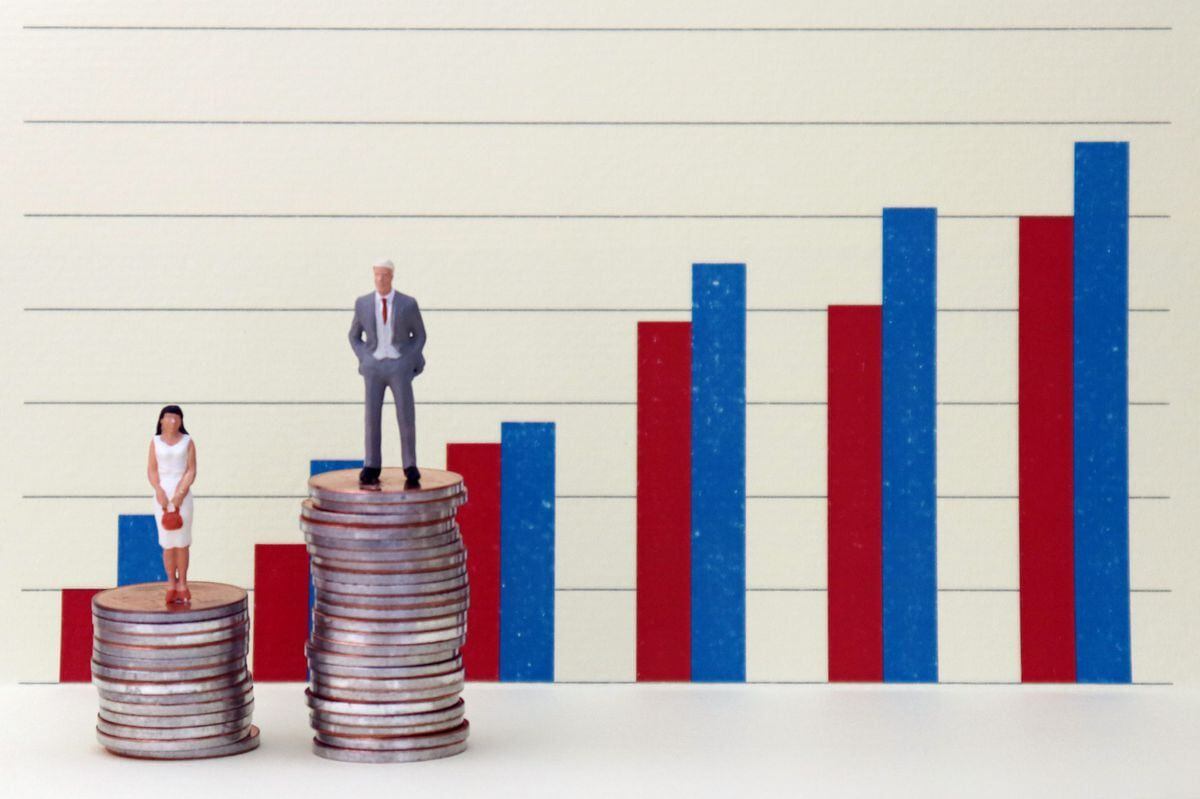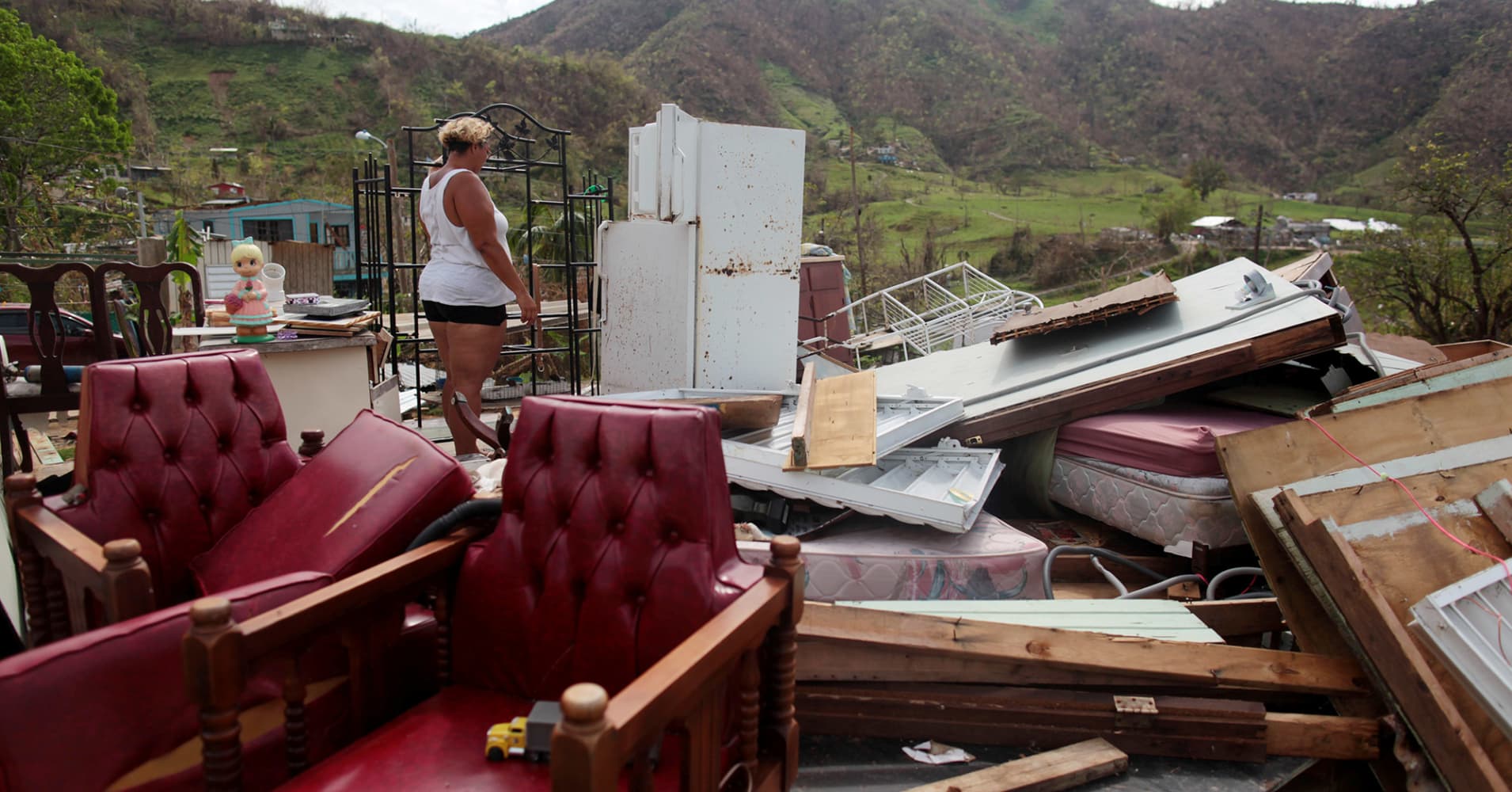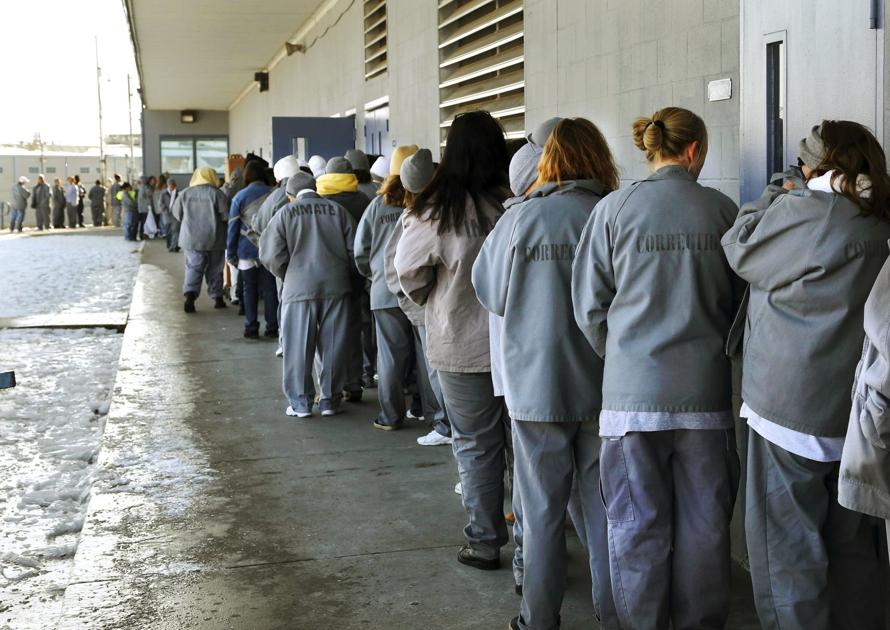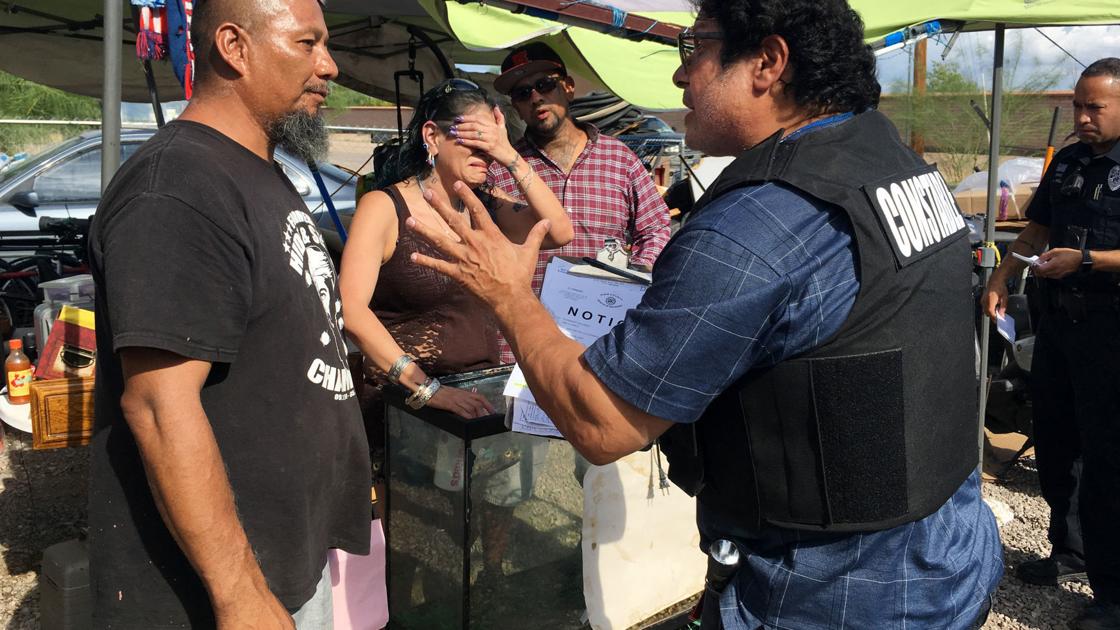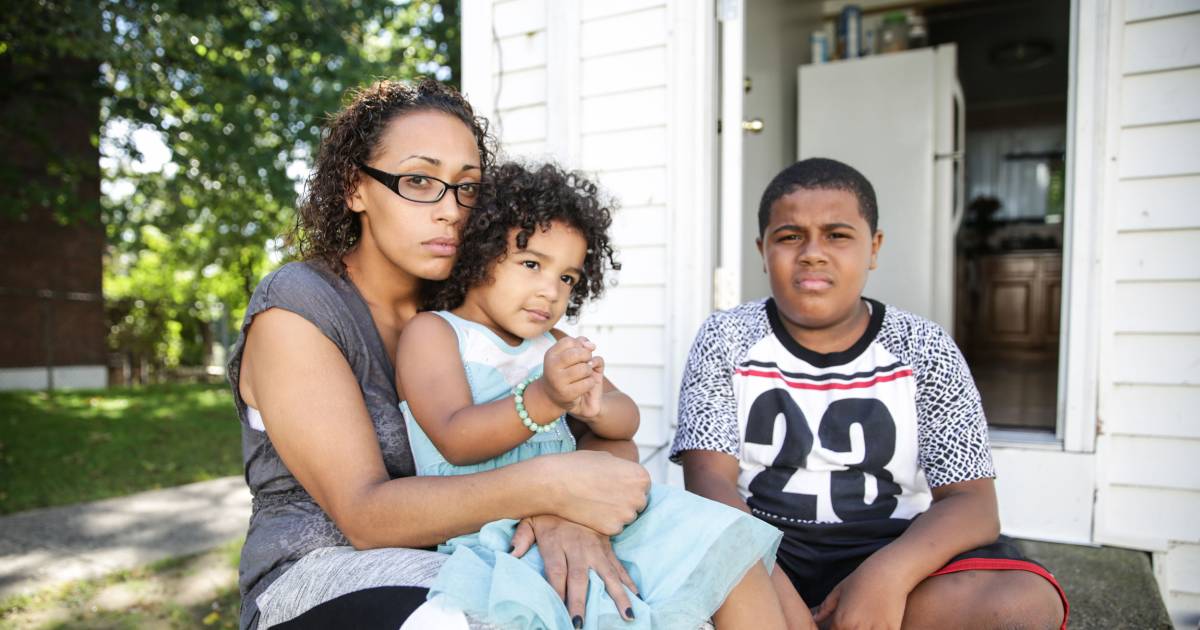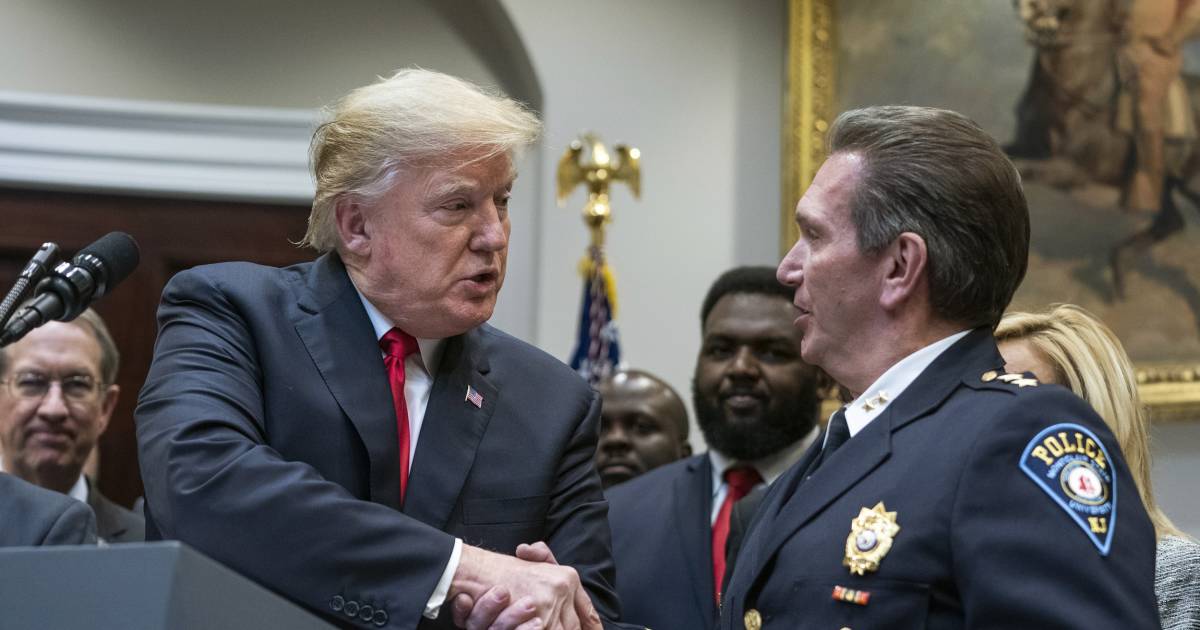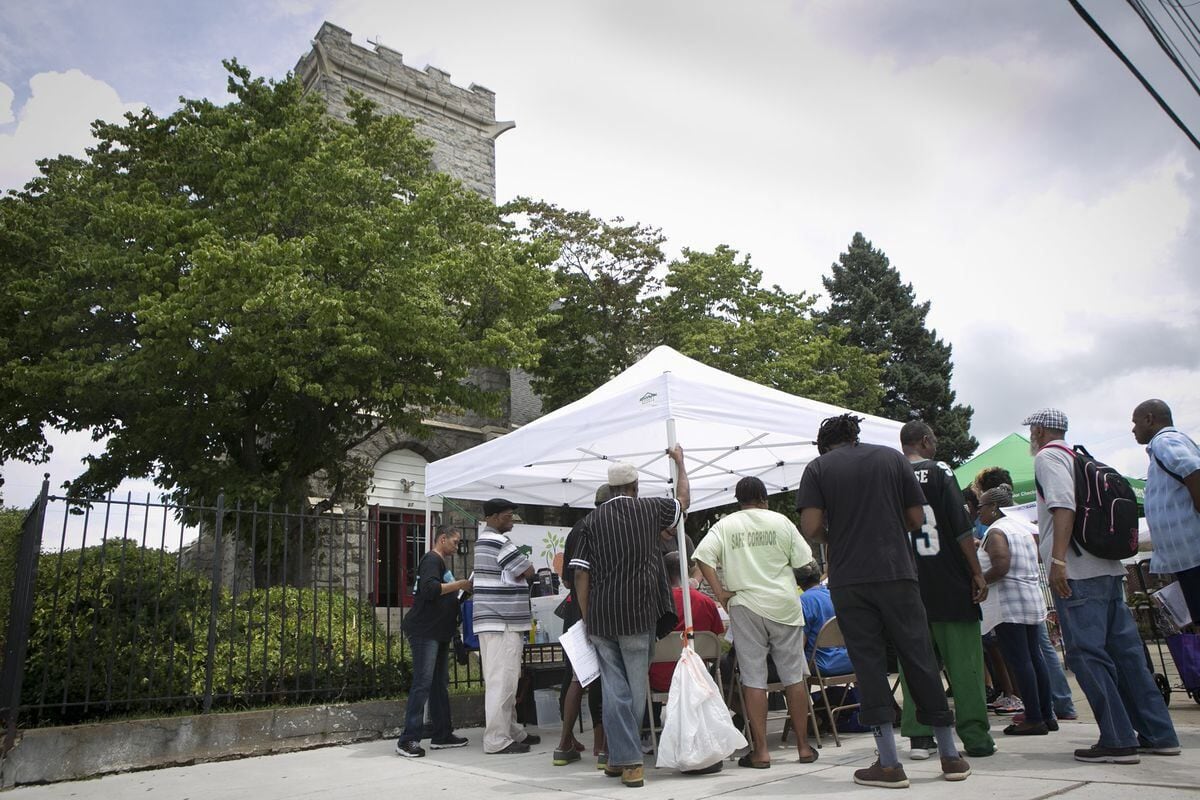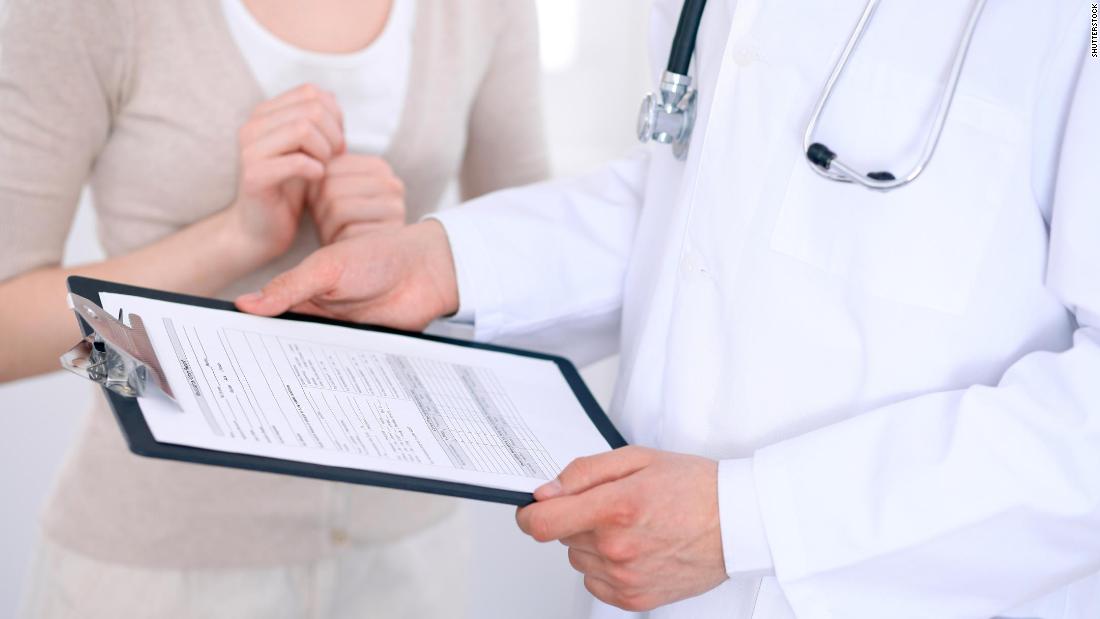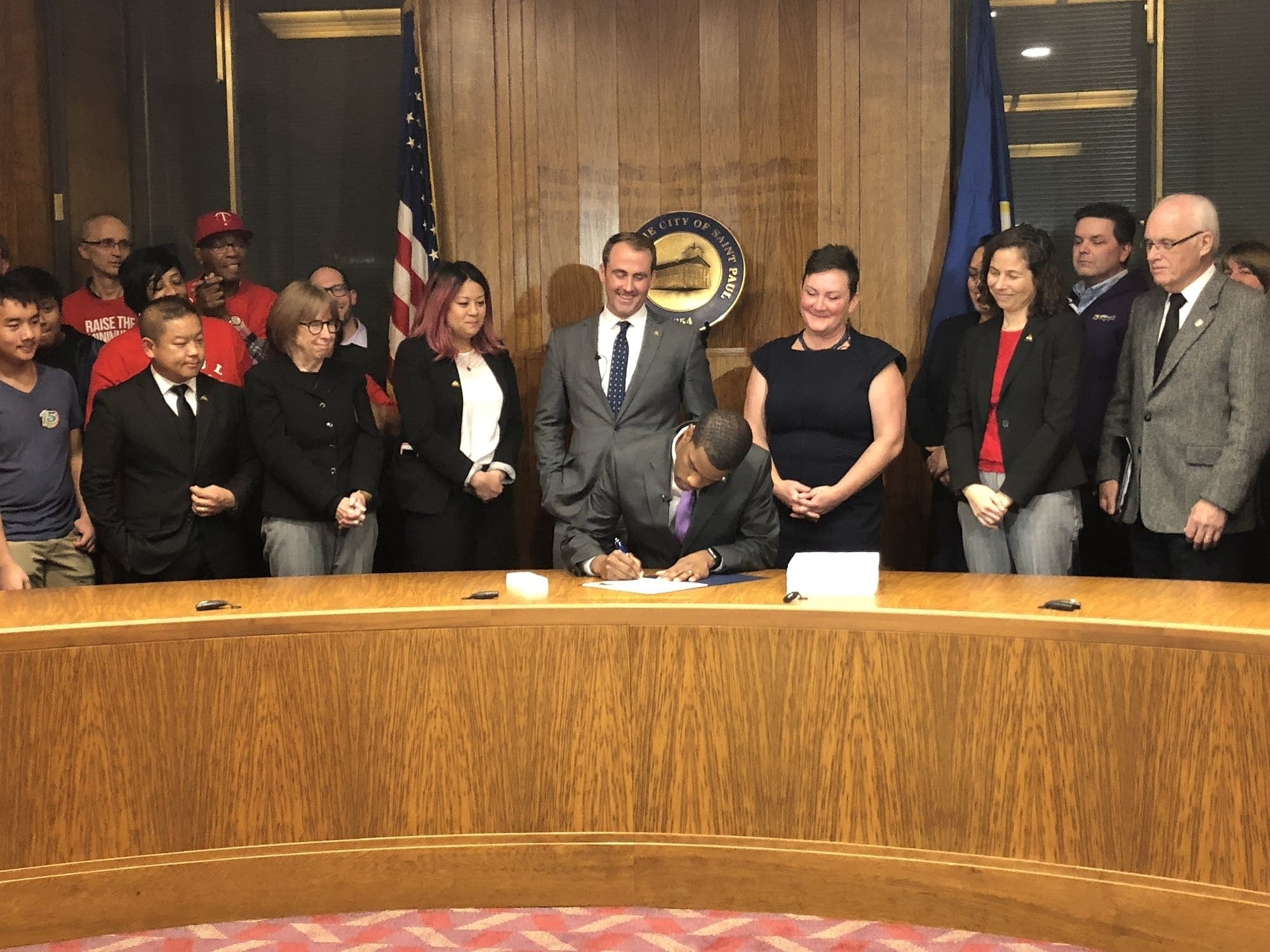Times columnist Steve Lopez shares how he and photographer Francine Orr reported on the community and the school where nearly a quarter of the students are classified as homeless.
The number of children in the United States without health coverage increased for the first time in at least a decade last year, according to a new report that suggests several Trump administration moves may be behind the troubling development.
After years of steady declines in the uninsured rate for the nation’s children, the numbers are starting to climb again. Nowhere is it more apparent – and troubling – than in Texas where 835,000 children under 19 lacked health coverage in 2017, an increase of 83,000 children from the year before. That also means that one in five children without health coverage in the U.S. now live in Texas, according to an annual report released Thursday by Georgetown University’s Center for Children and Families.
About 96,000 Kentucky children are in the care of relatives other than their parents, most through informal arrangements.
White adults in Indianapolis on average outearn black adults whether both groups were born to poor, middle class or wealthy parents.
Wisconsin is expanding the pool of people who must work or train to qualify for food assistance.
A bipartisan deal on the multi-billion dollar farm bill would scrap new work requirements for some older food stamp recipients — rejecting a plan backed by House Republicans and President Donald Trump.
The report by Auditor Mary Mosiman also found officials and lawmakers have failed to file quarterly financial reports as required by state law.
“The long-term gender earnings gap has narrowed since 1968, but it has by no means disappeared,” the study’s authors wrote.
While climate change is poised to roil the entire country in the years to come, its consequences will be especially harmful to low-income communities, according to the blockbuster government report released on Friday.






